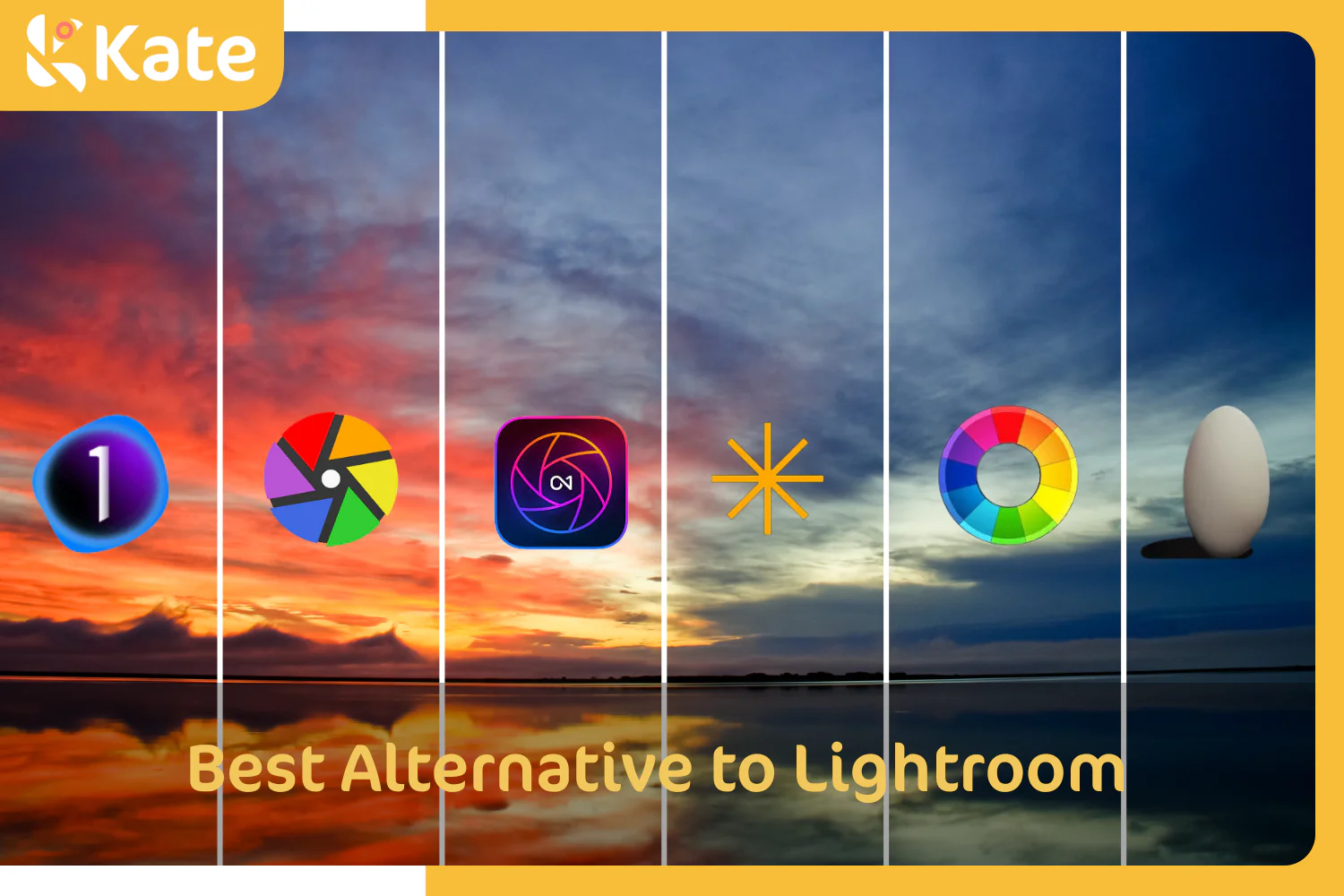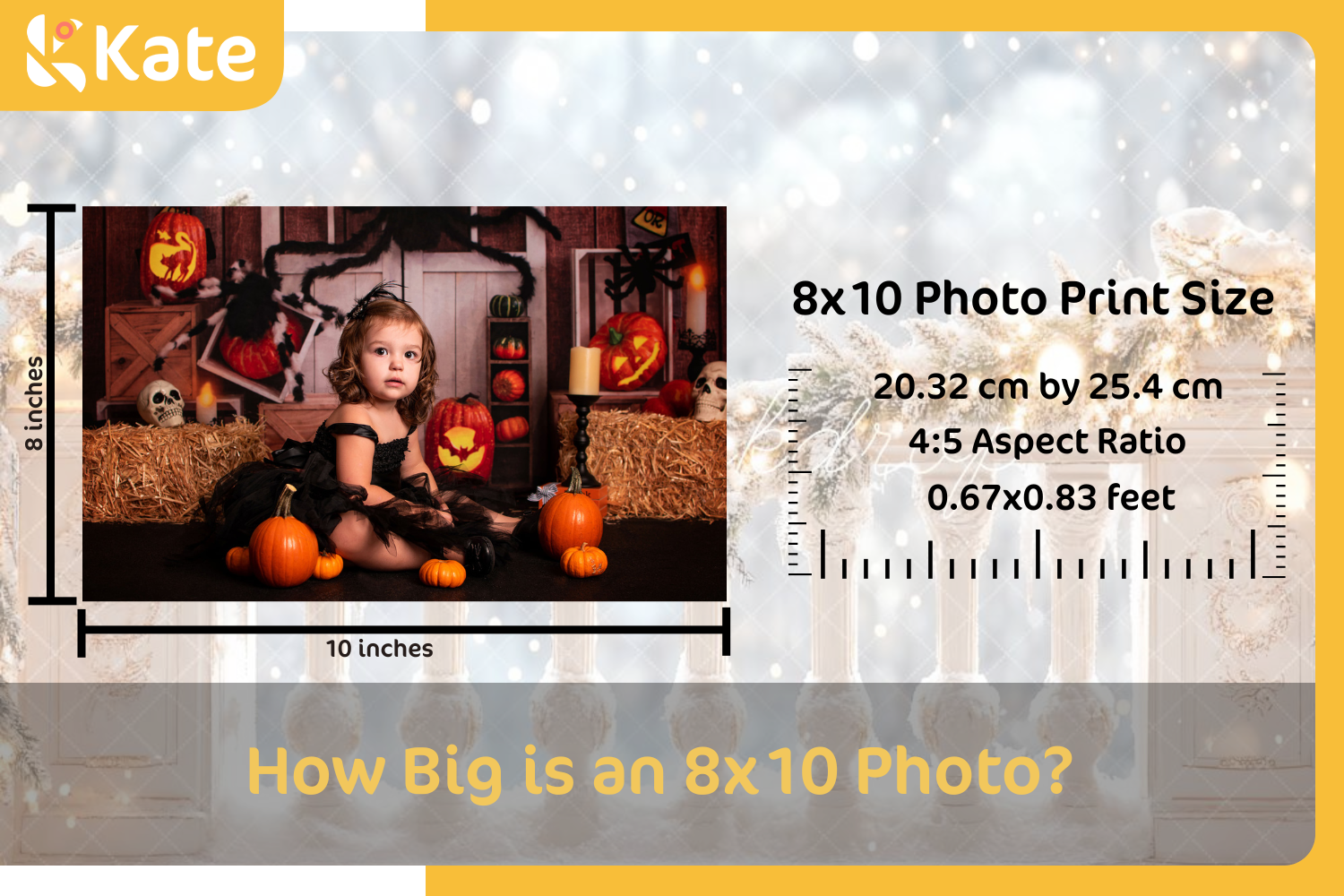How to Add Water Effects to Your Photos: A Step-by-Step Tutorial

Photoshop offers a variety of tools and filters that you can use to create interesting water effects for your studio photography. This article will use a software called FLOOD 2 to add a realistic water effect in Photoshop.
What You Need: Add Water to Your Photo
The first thing you'll need is a photo to work with. Use any photo of your choice. You will also need to download and install FLOOD 2. You can get it for free here.
After FLOOD 2 is installed, open your photo in Photoshop and follow the following steps.
1. Duplicate the Layer
- To do this, go to layer> Duplicate Layer. A new layer will be created on top of the original layer.
- Alternatively the keyboard shortcut for this is Ctrl + J (Windows) / Cmd + J (Mac).

2. Flip the Image Vertically
- To do this, select Edit > Transform > Flip Vertical.

- You can also use the keyboard shortcut Ctrl + T (Windows) / Cmd + T (Mac) to bring up the Transform Tool.
3. Scale Down the Image
- Go to Edit > Transform > Scale.
- Click and drag one of the corner handles inwards while holding down the Shift key. This will keep the image in proportion as you scale it down.

- Click the checkmark to confirm the changes or press Enter (Windows) / Return (Mac).
4. Move the Flipped Layer Below the Original Layer
- To do this, simply click and drag the flipped layer below the original layer in the Layers panel.

5. Erase Unwanted Parts With the Eraser Brush
After you have flipped and scaled down your image, you can now erase the unwanted parts.

- Select the Eraser Tool from the Toolbox or press E on your keyboard to get the Eraser tool.
- In the Options Bar, select a soft round brush and set the Opacity to 100%.
- Start erasing the top and bottom parts of the image until you're left with only the middle section.
6. Add a Displacement Map
- With the top layer selected, go to Filter > Distort > Displace.

- In the Displace dialog box, set both the Horizontal and the Vertical Scale to 5.
- Keep checking the Repeat Edge Pixels checkbox to avoid white borders from appearing around the edges of the image.
- Click OK. A new dialog box will appear asking you to select a displacement map.

- On the installation folder, locate FLOOD 2 then select the displacement_map.jpg file.
- Click Open.
The image will be distorted according to the displacement map.
7. Add a Water Ripple Effect

- Select Filter > Distort > Ripple.
- In the Ripple dialog box, set your ripple size to Large and the amount to 50 then click OK.
The image will now have a water ripple effect.
8. Add a Gaussian Filter

- To do this, select Filter > Blur > Gaussian Blur.
- In the Gaussian Blur dialog box, set the Radius to 2.
- Click OK.
Doing this adds a gentle blur to the image, which will make the water effect photoshop look more realistic.
By following these steps, you could have completed adding the water ripple effects to your image.
How to Add Water Overlays
The displacement maps on Flood 2 can be used to create water effect photoshops; you can further change the look of your image by adjusting the simple or complex settings.

1. Difference Between Simple and Complex Settings
- Simple Settings are primary adjustments that you need to add a water effect to your image.
- Complex Settings are the settings you can use to fine-tune the water effect;
- the complex settings give you much more control to manipulate the water effect to your preference.
If you look into having a more realistic water effect, you are recommended to use complex settings. These are some of the things you can adjust;

2. The Ripples

To add ripples to your image;
- Under the Filter menu, select the Ripple tool. Optionally, you can also access it by the Shift+R command.
- Once you have the Ripple tool selected, simply click and drag your mouse over the areas of your image where you want to add ripples too. This makes the ripples appear like small concentric circles.
- To adjust the size of the circles to your preference, simply adjust the "Ripple Size" slider located in the options bar.
- To adjust the intensity of the ripples, adjust the "Ripple Strength" slider.
3. Water Drops
To add water drops to your image;
- Right under the “Filter Menu”, Click on the Water Drops tool. Optionally, you can also access it by using the command Shift+W.
- After selecting the Water Drops tool, click and drag your mouse over the areas of your image where you want to add water drops. You should be able to see the water drops appearing in small round circles.
- To change the size of the water drop circles, adjust the "Water Drop Size" slider located in the options bar.
- To change the intensity of the water drops, adjust the "Water Drop Strength" slider.
4. Saturation
If you want to adjust the water saturation;
- Adjust the "Saturation" slider in the options bar.
- To colorize water, you can click the "Colorize" button next to the "Saturation" slider.
This will bring up the "Hue/Saturation" menu, where you can adjust the water's lightness, saturation, and hues.
5. Adjusting the Horizon Line

If you want to adjust the water to appear closer or farther away, adjust the horizontal line to get that effect. To do this;
- click on the Horizon tool that is right under the "Filter" menu. You can also access it by using the command Shift+H.
- Once the Horizon tool is selected, click and drag your cursor up or down to adjust the horizon line.
- Dragging the horizontal line up makes the water appear closer. Dragging the horizontal line down makes the water appear further away.
Below are some of the before-and-after photos for your reference.
Without the water effect:

Kate Autumn Woods Backdrop Designed by Chrissie Green

With the water effect:

Kate Autumn Woods Backdrop Designed by Chrissie Gre

Kate Mermaid Water Summer Backdrop
- Use a photo with a high resolution for great results. A photo with a low resolution will have an image with a much lower resolution. The water effects will then appear unrealistic.
- Use a photo with a plain background for great results. A busy background takes away from the details of the water effects. They might also be difficult to notice.
- Use a photo with a light-colored background for great results. Light-colored backgrounds are easier to manipulate while editing. The water effects detail tends to be visible on a lighter background compared to a darker one. A darker background makes the water effects less visible.
- For horizontal width adjustment, use the “Horizontal Width” slider from the options bar.
Conclusion
Photoshop allows creativity in both amateurs and professional artists. Mastering how to add water effects to your photos using Photoshop gives your photos realistic water texture. This adds depth vibrance to your image.
Now that you know how to add water effects to your photos using Photoshop courtesy of Katebackdrop, have fun and be creative.
If you like this article, please share it! Be sure to join our FB Group: https://www.facebook.com/groups/Katebackdrops/. to share your ideas! You can also receive free articles, updates as well as discounts information from https://www.katebackdrop.com/ and our FB Group.
















 Christmas Fireplace
Christmas Fireplace



